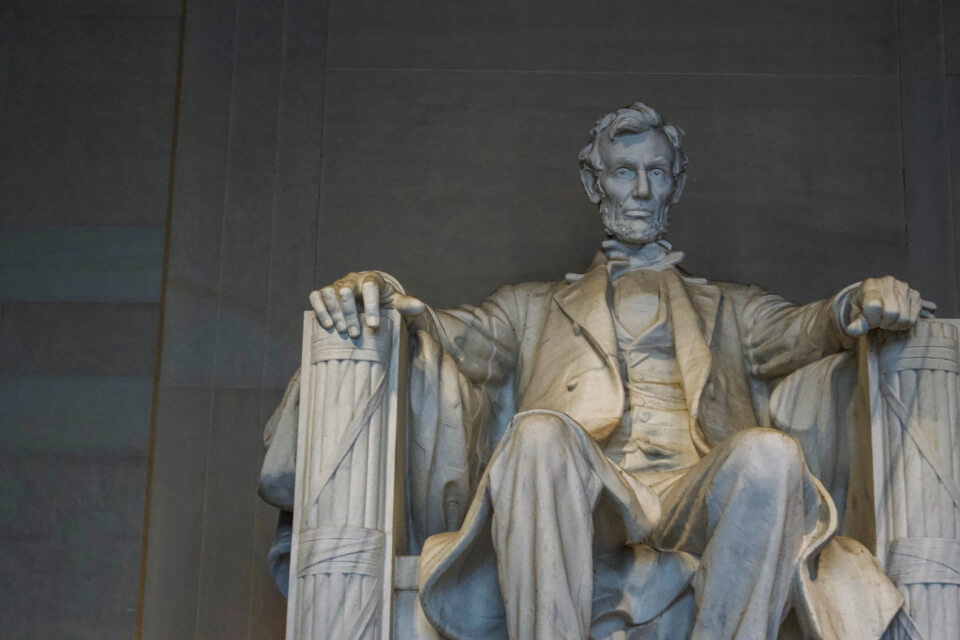Revealing the Unspoken Elegance: What Politics Says About Your Personal Style
In the grand tapestry of human expression, personal style serves as a vibrant thread that weaves together our identities, aspirations, and beliefs. From the clothes we wear to the way we carry ourselves, every choice we make in our outward appearance is a reflection of our inner selves. And while fashion magazines may offer insights into the latest trends and style icons, there’s another realm where personal style takes center stage: the world of politics.
The Subtle Language of Fashion in Politics
In the hallowed halls of power and on the bustling campaign trails, fashion speaks volumes about the individuals who inhabit these spaces. Beyond mere aesthetics, the choices made by politicians and political figures convey messages of authority, authenticity, and relatability. Whether it’s a tailored suit exuding confidence or a casual ensemble signaling approachability, every outfit serves as a canvas upon which political personas are painted.
The Power Suit: Commanding Authority with Elegance
For many politicians, the power suit is more than just a wardrobe staple—it’s a symbol of authority and leadership. With its crisp lines, impeccable tailoring, and subtle details, the power suit commands attention and respect, projecting an image of strength and competence. Whether it’s the classic navy ensemble favored by statesmen or the bold hues embraced by trailblazing women in politics, the power suit embodies a timeless elegance that transcends trends and speaks to the essence of leadership.
Casual Chic: Embracing Approachability and Authenticity
In an era marked by authenticity and relatability, many politicians are opting for a more casual approach to dressing. From rolled-up sleeves and open collars to denim jackets and sneakers, the casual chic aesthetic embodies a sense of approachability and authenticity that resonates with modern audiences. By eschewing traditional formalities in favor of more relaxed attire, politicians are able to connect with voters on a more personal level, bridging the gap between the ivory tower and the grassroots.
The Symbolism of Color: Making a Statement Without Words
In the world of politics, even the choice of color carries weighty significance. Whether it’s the patriotic red, white, and blue or the bold hues of party affiliations, colors serve as powerful symbols that convey messages of identity and allegiance. From the somber tones of mourning to the vibrant hues of celebration, the color palette chosen by politicians reflects the mood of the moment and the values they hold dear. In this realm of visual symbolism, every shade tells a story, speaking volumes without uttering a single word.
Accessories as Accents: Adding Flair to Political Persona
In the realm of political fashion, accessories serve as the finishing touches that elevate an outfit from mundane to memorable. From statement jewelry and signature eyewear to iconic headwear and lapel pins, accessories allow politicians to inject personality and flair into their public personas. Whether it’s a pearl necklace evoking timeless elegance or a bold brooch making a statement of solidarity, accessories serve as subtle accents that speak volumes about the individual behind the politician.
Embracing Diversity: Celebrating Cultural Identity Through Fashion
In an increasingly diverse and interconnected world, politicians are embracing fashion as a means of celebrating cultural identity and heritage. Whether it’s traditional attire worn with pride or contemporary fashion infused with cultural motifs, politicians are using fashion as a tool for bridging cultural divides and fostering understanding. In this celebration of diversity, fashion becomes not just a reflection of personal style, but a testament to the rich tapestry of human experience.
Fashion as Advocacy: Using Style to Make a Statement
In the world of politics, fashion is more than just a means of self-expression—it’s a powerful tool for advocacy and activism. From the iconic suffragette white worn by women in Congress to the rainbow hues embraced by LGBTQ+ politicians, fashion serves as a visual manifesto for social change and progress. By using their sartorial choices to make bold statements and challenge norms, politicians are able to amplify their voices and advance their causes in ways that transcend traditional political discourse.
Conclusion: The Politics of Personal Style
In the complex landscape of politics, personal style serves as a window into the souls of the individuals who inhabit this realm. Whether it’s the commanding presence of a power suit or the relatable charm of casual chic, every sartorial choice speaks volumes about the values, aspirations, and beliefs of the wearer. By embracing the language of fashion, politicians are able to connect with voters on a deeper level, forging bonds of trust and understanding that transcend the partisan divide. So the next time you see a politician on the campaign trail or in the halls of power, take a moment to consider the message behind their wardrobe choices—you may just uncover a hidden layer of meaning that speaks volumes about their personal style and political persona.


